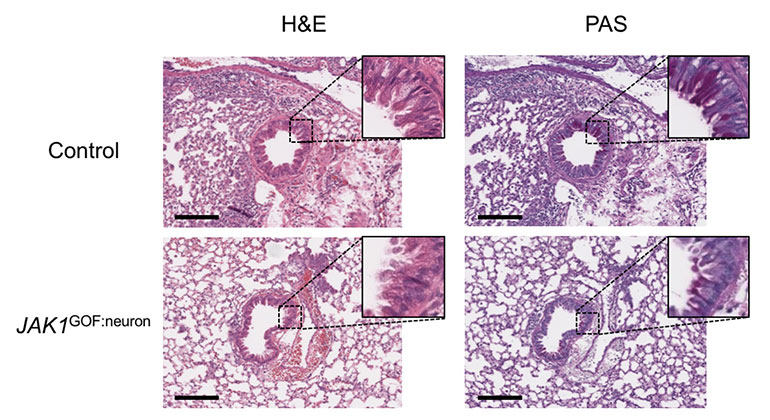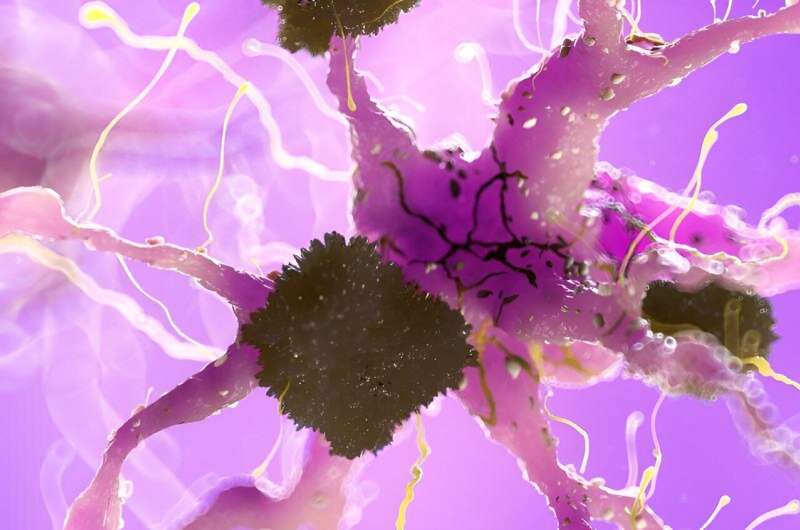
A previously unidentified genetic mutation in a small protein provides significant protection against Parkinson’s disease and offers a new direction for exploring potential treatments, according to a new USC Leonard Davis School of Gerontology study.
The variant, located in a mitochondrial microprotein dubbed SHLP2, was found to be highly protective against Parkinson’s disease; individuals with this mutation are half as likely to develop the disease as those who do not carry it. The variant form of the protein is relatively rare and is found primarily in people of European descent.
The findings appear in the journal Molecular Psychiatry.
First discovered by Pinchas Cohen at the USC Leonard Davis School in 2016, SHLP2 is made within the cell’s...
Read More








Recent Comments